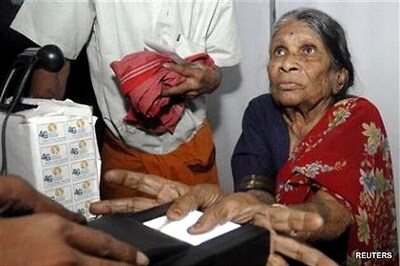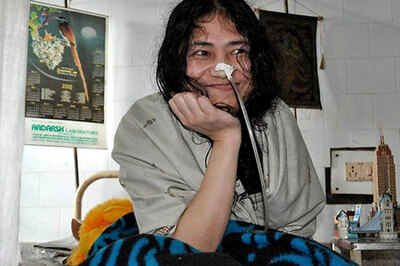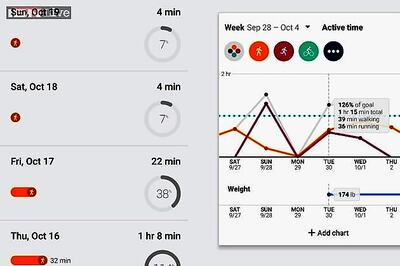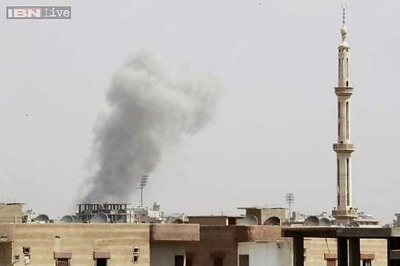
views
GENEVA: The World Health Organization on Friday refrained from advising proof of COVID-19 vaccination or immunity as a condition for international travel, citing “critical unknowns” regarding their efficacy in reducing transmission and limited availability.
The WHO’s Emergency Committee, composed of 19 independent experts, held its sixth meeting in a year as the global death toll from the pandemic reached two million among more than 90 million cases.
The experts issued a series of recommendations, which WHO Director-General Tedros Adhanom Ghebreyesus accepted and sent to the U.N. agency’s 194 member states, a statement said.
“At the present time, do not introduce requirements of proof of vaccination or immunity for international travel as a condition of entry as there are still critical unknowns regarding the efficacy of vaccination in reducing transmission and limited availability of vaccines,” the WHO panel said.
“Proof of vaccination should not exempt international travellers from complying with other travel risk reduction measures.”
Didier Houssin, panel chairman, said that there was currently a “great disparity” among countries about testing, quarantines and travel bans, leading to the world being “a little bit paralysed, a little bit confused”.
Its advice to WHO was to “take a strong lead in order to produce clear guidance and scientifically based guidance about how best to facilitate and permit the circulation of people in a safe manner by air, by sea”, he told a news conference.
Mike Ryan, WHO’s top emergency expert, said: “What the committee is saying is ‘at this present time’, scientific evidence is not complete, there isn’t enough vaccine and therefore we shouldn’t do that now and create an unnecessary restriction to travel.
“So we are trying to protect the travel space and ensure economies are not entirely isolated,” he added.
Britain is tightening border controls from Monday to block new variants of COVID-19, suspending all “travel corridor” arrangements that had meant arrivals from some countries did not require quarantine.
The WHO panel urged countries to monitor virus variants such as those identified by Britain and South Africa to assess the effects on the efficacy of vaccines, drugs and diagnostic tests.
It called for promoting technology transfer to low- and middle-income countries with the potential capacity to accelerate global production of COVID-19 vaccines.
Further research was also needed on “critical unknowns about COVID-19 vaccination efficacy on transmission, duration of protection against severe disease and asymptomatic infection” as well as the duration of immunity following infection or vaccination, and protection after a single dose, the panel said.
(Additional reporting by Emma Farge; writing by Stephanie Nebehay; editing by Nick Macfie)
Disclaimer: This post has been auto-published from an agency feed without any modifications to the text and has not been reviewed by an editor
Read all the Latest News, Breaking News and Coronavirus News here




















Comments
0 comment